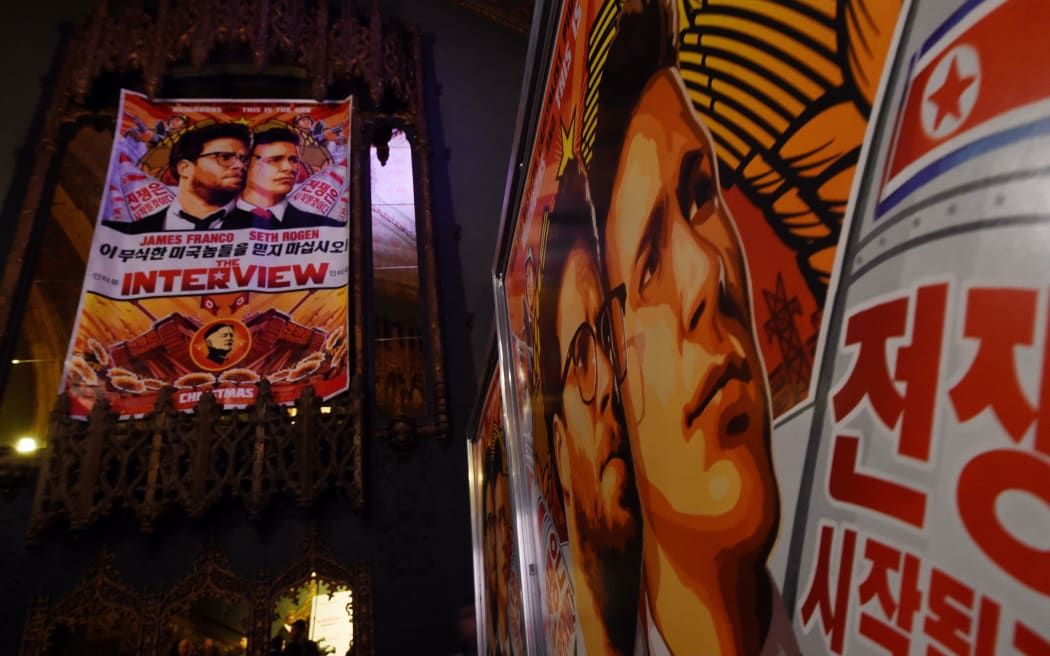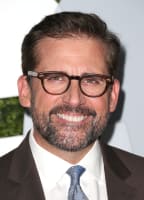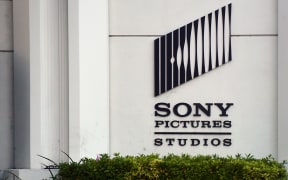A cyber attack on Sony Pictures that forced the cancellation of a major film release is being seen as a serious national security matter, the US says.
A White House spokesman said the US believed the hacking was the work of a "sophisticated actor" - but refused to confirm if North Korea was responsible.

Hollywood actors have criticised Sony for shelving the film. Photo: AFP
Sony withdrew The Interview, a new comedy film about a fictional plot to kill North Korean leader Kim Jong-un, after threats from hackers.
Hackers have already released sensitive information stored on Sony computers, according to the BBC.
They later issued a warning to members of the public planning to see The Interview.
Referring to the 11 September 2001 terror attacks, they said "the world will be full of fear" if the film was screened.
The destructive action knocked much of Sony's network off-line with malware that wipes drives of PCs, making them unable to operate.
The FBI is leading the investigation in the attacks.
Anger from actors
Meanwhile, leading American actors have criticised Sony's decision to cancel the release of the satirical film, and there has been widespread dismay in Hollywood.
Ben Stiller called the move "a threat to freedom of expression", according to the BBC.

Steve Carell Photo: AFP
Steve Carell said Sony's decision was a sad day for creative of expression and Rob Lowe called it a "victory" for the hackers.
On Wednesday it emerged that Carell's planned film project, a thriller called Pyongyang about a Westerner working in North Korea, was scrapped ahead of Sony's announcement.
Several other famous names have criticised the decision to shelve the movie, accusing the studio of caving in to the hackers' threats.
Oscar-wining screenwriter Aaron Sorkin has already attacked the media for spreading information leaked by the hackers and said the US had succumbed to an unprecedented attack on "our most cherished, bedrock principle of free speech."



